A hybrid Science|Business Widening roundtable, hosted by NCBR Brussels Office (14:00-17:00 CET)
In April 2024, former Italian Prime Minister Enrico Letta presented a major report to the European Council on the state of the EU’s single market, including various proposals to make it “fit for purpose” in the 21st century. Among his key recommendations was one that sought to breathe new life into an old idea (attributed to former research Commissioner Janez Potočnik) – namely, the creation of a “fifth freedom” dedicated to the free movement of research, innovation, knowledge and education, intended to complement and strengthen its four equivalents for people, goods, services and capital.
The EU has in reality been wrestling with this challenge since the turn of the millennium and its launch of the European Research Area (ERA). Over time, progress has been hindered by a combination of member-state reluctance, the non-binding nature of supporting policy measures, and indeed the Union’s expansion from 15 to 27 countries in that period. As a result, the EU’s R&I landscape remains stubbornly fragmented and defined by significant performance gaps between and within member-states and regions, despite billions spent to close them through the Widening instrument, structural funds and more.
Nonetheless, the European institutions are not giving up the fight. Earlier this year, the Polish presidency achieved an important milestone with its Warsaw Declaration, uniting national ministries in support of greater ambition and structural reform in future R&I policy and programmes. As a consequence, the Commission is developing new legislative proposals to be released in 2026 – especially the ERA and Innovation Acts – to translate the political rhetoric into actual reality.
Beyond the legal framework, however, the structural challenge of deepening integration within the European R&I ecosystem remains. Arguably, this will only be met if research organisations themselves commit to new forms of cross-border partnership that strengthen the links between clusters of excellence, while advancing research careers and mobility so that scientific talent is equipped to work anywhere within the system.
Against this backdrop, the framing narrative shifts from an incremental reduction of gaps, to a more strategic vision of building and sustaining bridges that accelerate the flow of knowledge and ideas in support of wider EU objectives. In parallel, lessons must be learned from those who have devoted years to implementing policies across all three dimension of integration (Enlargement, Widening and Deepening). For the “5th freedom” to materialise, the experience and insights of these pioneering integrators will need to be at the heart of EU debates moving forward.
On November 19, Science|Business – in partnership with NCBR in Poland, and supported by its Widening initiative steering group – will convene a first high-level roundtable to address the pathways to improve pan-EU integration in R&I. Bringing together influential organisations from east and west, north and south, the debate will explore the effectiveness of current policy instruments, while drawing on evidence from pioneering initiatives to consider future policy approaches at both EU and national level.
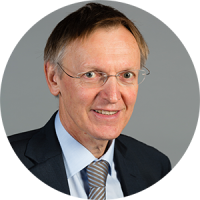
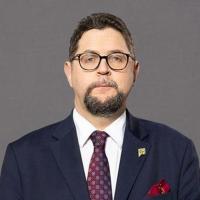

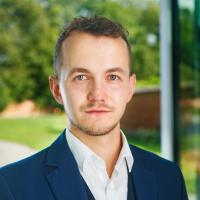
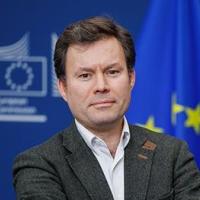

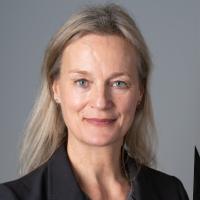

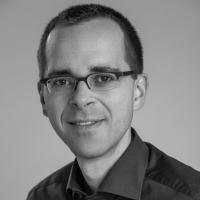
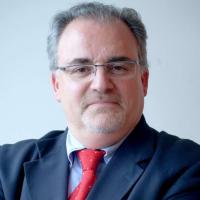








Preliminary agenda
14.00 Registration
14.30 Session I – “Widening Countries: The Achievements after the 5th Enlargement in 2004, impact on the Widening countries entered to the EU from 2004, and the Enlargement countries preparing for the full membership"
This session will focus on the integration of Widening countries in the European R&I system. It will explore the 20 years from Commissioner Potocnik vision of in 2004 and the Letta Report’s vision of a “5th Freedom,” The emphasis will be placed on the two directional approach from the stakeholders from the countries eligible for Widening and from the EU countries with better economic indicators.
15.30 Coffee break
16.00 Session II – “Ambition to get closer to the 5th freedom under the New Strategic Agenda 2024-2029”
This session will address the opportunities and the hindering factors of transformation and impact in Widening countries. It will identify and assess the existing gaps and the tools (policy and implementation) achievable in short and medium term.
17.00 Closing remarks and networking reception
For more information, please contact Denitsa Nikolova at [email protected]
Partners



 A unique international forum for public research organisations and companies to connect their external engagement with strategic interests around their R&D system.
A unique international forum for public research organisations and companies to connect their external engagement with strategic interests around their R&D system.